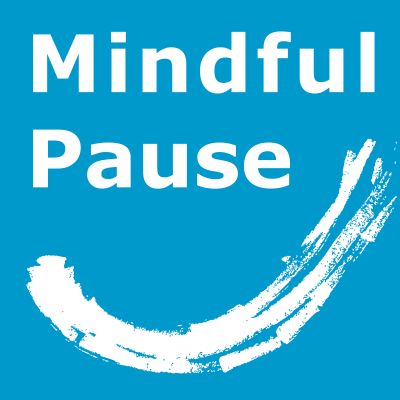Inspiring short talks & stimulating conversations about mindfulness, meaning & purpose.
https://mindfulpause.com
Unfocusing & Gendlin’s Focusing: It starts with a pause
As Eugene Gendlin observed the process of psychotherapy, he noticed that the best predictor of a successful outcome was the client’s ability to stop in their tracks for an ‘aha’ moment. He went on to study this natural process in order to make it possible for people to make more use of it, in therapy as well as in any other context. He came up with the name “Focusing” to describe the process that allows a felt sense to form and progressively come into focus, much as an image comes into focus when you adjust the lens of a Single Lens Reflex camera, or binoculars.
Now that you’ve read the first paragraph, above the picture, take a moment to see what you remember.
You probably remember is that it was about a process that helps people get an aha moment. Also that it has something to do with the sense of focusing a lens. But do you remember the bit about “the client’s ability to stop in their tracks”? That is actually the key point: the pause.
What is observable – – the pause, the stopping in your tracks as opposed to continuing on automatic pilot. And that is what makes it possible to have the aha moment.
Of course, the pause is not the only thing. There are many ways to enhance this natural process. But nothing will happen if you don’t pause.
More often than not, it’s just a small pause. It feels like a natural part of the conversation, so you may not notice it, and others may not notice it. But it is the pause that breaks the flow of automatic pilot. The following is a 2-minute demo of what such a pause sounds like in real life.
In other words: The process may be called “Focusing”, but the most important step is to “unfocus” from automatic pilot. It takes a pause to unfocus. When you pause, there is an ever so slight sense of surprise (hence the “hmmm” sound you might make). This temporarily unfocused, disoriented mode is needed to activate your natural ability to re-orient, i.e. to focus on what is actually going on right now (see GPS metaphor).
So, if you have any interest in exploring Focusing, the most important step you can take is to start practicing intentional pauses. And to have some curiosity about the subtle things that may be happening inside as you do so.
To further help you get a sense of Focusing, see Mindful Listening Partnership video, and other Focusing-related pages on this site.
